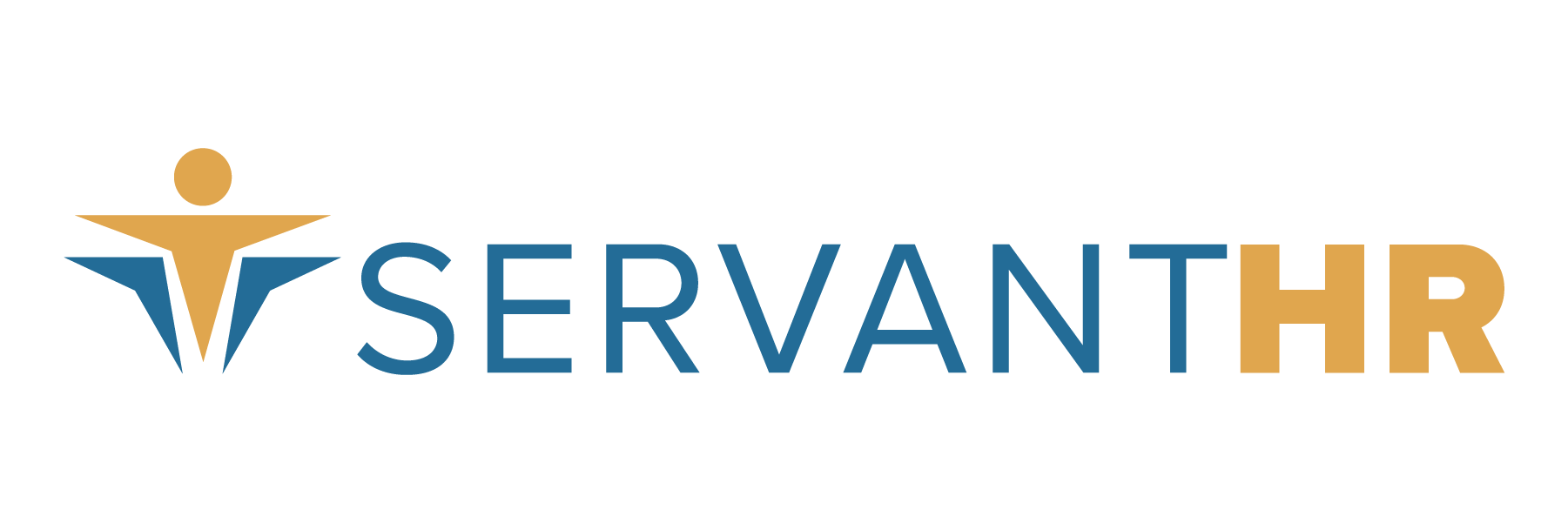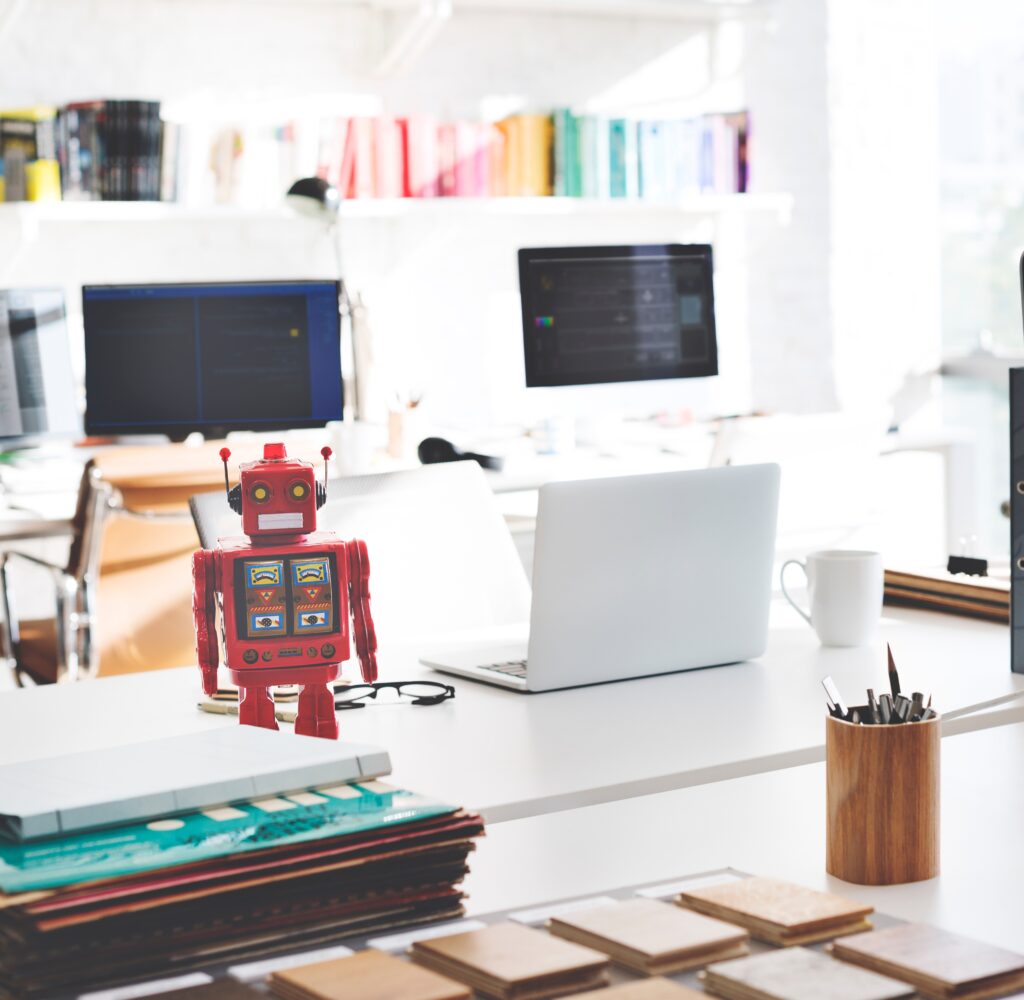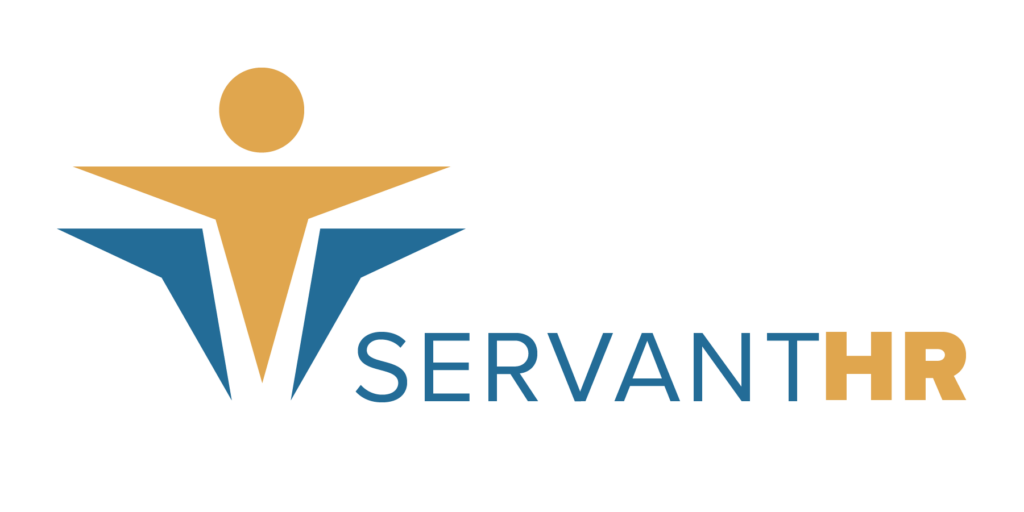Since the agricultural revolution of the 18th century, the productivity and efficiency of technology has instilled fear of employment displacement. Everything from surgical automation to grocery store self-checkout has people wondering: Am I going to lose my job to a computer?
The concern is legitimate. According to the 2017 Global Future of Work Survey report from Willis Towers Watson, business leaders expect 17 percent of work will be automated by 2020. While some industries (i.e. manufacturing, military, etc.) have been highly automated for years, other sectors such as retail, finance, banking and insurance are currently reeling from increases in automation. Restaurant kiosks, ATM machines and even automated financial planning platforms are being offered in place of human talent.
Technology’s power to transform economic sectors is nothing new, and its influence is only speeding up. So what does automation mean for HR — a department namely for humans?
HR is not exempt from the impact of automation. According to the Society of Human Resource Management, “Software bots and sophisticated algorithms are making it much easier for recruiters to source and screen job candidates, a function formerly performed solely by very human HR employees.”
Technology provides a more user-driven employee experience and most commonly automates tasks that are tedious and time consuming. We at Servant HR have experienced this on a small scale through the implementation of electronic onboarding. Automation has lessened the paperwork shuffle and provides employees with forms they can fill out on their own laptop, on their own time.
Automation advances undoubtedly improve customer service and eliminate human error. It’s definitely good… but isn’t that kind of bad? For the ones who get paid for the paper shuffle?
It sounds like it, but it’s widely argued that humans still retain an edge. As smart as computers are, the human body itself is a flexible and adaptable work platform. Human workers see the details, weigh implicit factors and can make complex decisions in unique situations. While rote work can become more efficient, according to a KPMG study, jobs that involve networking, project management, sales, conflict resolution, hospitality, creativity and any level of social intelligence are insulated.
But insulated doesn’t mean isolated. The automation revolution is a revolution for a reason—it’s everywhere. Rather than viewing automation as the enemy, Lisa Buckingham, a brand officer at Lincoln Financial Group, encourages today’s businesses to “provide a blend of digital and human services.”
This analysis is based off of companies like Amazon and Lyft, who were born digital. These companies continue to raise consumer expectations across all industries for simple, transparent solutions. Even the most creative and human-centered jobs must embrace the efficiency and simplicity of technology.
Oxford University program directors, Michael Osborne and Carl Frey, have conducted extensive research on the future of employment. Their work also reveals that tasks requiring relationship building and an understanding of human needs in social situations are best-suited for humans.
We think so too. At Servant HR, relationship is our priority. Our people-centered approach to businesses makes our team of experts an irreplaceable asset to our clients, despite the imminence of automation.
Automation is not the enemy. Done right, automation frees up human workers to provide more hospitality, one-on-one interaction and detail-oriented customer service.
And service is what we’re all about.
To learn more about what our personal PEO can do for your business, contact us today!





